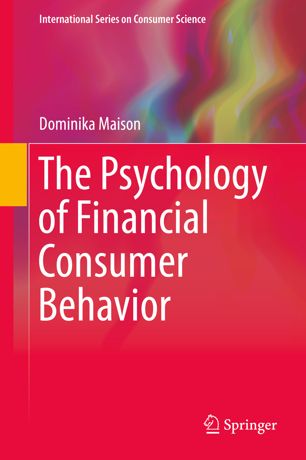

Most ebook files are in PDF format, so you can easily read them using various software such as Foxit Reader or directly on the Google Chrome browser.
Some ebook files are released by publishers in other formats such as .awz, .mobi, .epub, .fb2, etc. You may need to install specific software to read these formats on mobile/PC, such as Calibre.
Please read the tutorial at this link: https://ebookbell.com/faq
We offer FREE conversion to the popular formats you request; however, this may take some time. Therefore, right after payment, please email us, and we will try to provide the service as quickly as possible.
For some exceptional file formats or broken links (if any), please refrain from opening any disputes. Instead, email us first, and we will try to assist within a maximum of 6 hours.
EbookBell Team

4.0
56 reviewsThis book stresses the psychological perspective in explaining financial behavior. Traditionally, financial behaviors such as saving, spending, and investing have been explained using demographic and economic factors such as income and product pricing. The consequence of this way of thinking is that financial institutions view their clients mostly from the perspective of their income. By taking a psychological approach, this book stresses the perspective of consumers confronted with a quickly changing financial world: the changing of financial offers and products (savings, investments, loans), the changing of payment methods (from cash to cheques, cards and mobile payments), the accessibility and temptation of goods, and the changing of insurance and pension systems.
The Psychology of Financial Consumer Behavior provides insight into the thought processes of consumers in a variety of financial topics. Coverage includes perceptions of wealth, the pleasure or pain of spending, cashless transactions, saving and investing, loans, planning for the future, taxes, and financial education. The book holds appeal for researchers, professionals, and students in economics, psychology, economic psychology, marketing and consumer science, or anyone interested in financial behaviors.